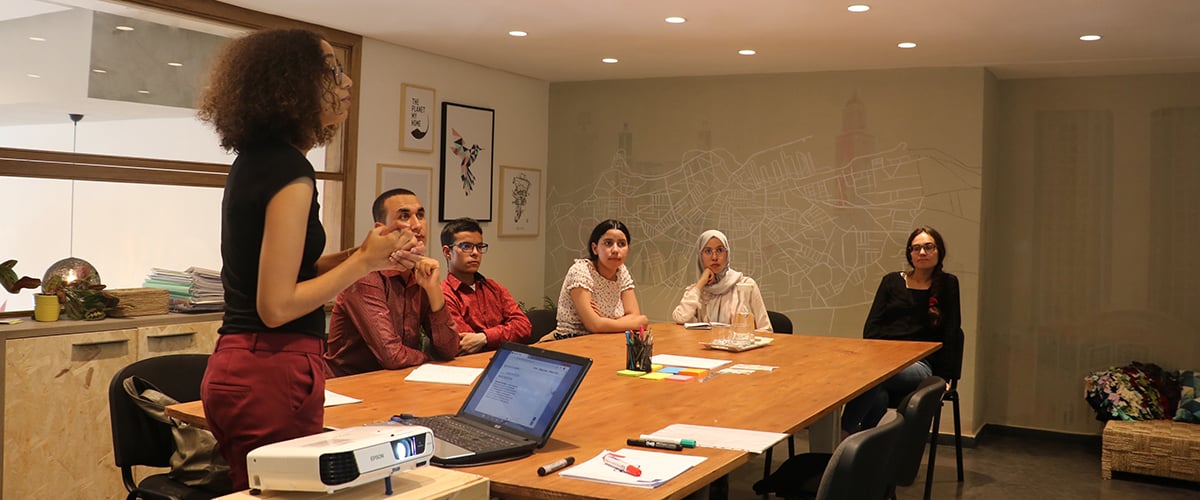
Dispute Resolution
Imagine you are playing a board game. Games have rules, and the players need to know those rules in order to play the game. But the players also need “people skills” such as turn-taking, concentration, and making conversation. Special education is not a board game, but it is a process with rules that also requires people skills for effective educational planning.
The special education process is based on a federal law, the Individuals with Disabilities Education Improvement Act (IDEA) of 2004. In this law Congress states, “Almost 30 years of research and experience has demonstrated that the education of children with disabilities can be made more effective by […] strengthening the role and responsibility of parents and ensuring that families of such children have meaningful opportunities to participate in the education of their children with disabilities […].”
PACER Center provides workshops and written materials to help parents understand IDEA and what it means for their children. For an overview of special education, you may want to look at Understanding the Special Education Process.
The law alone doesn’t build an appropriate special education program for a child. Many elements enter the process of determining special education services. Effective communication and partnerships can increase creativity and make the best use of resources, including the amount of time spent by parents and school staff on special education planning.
It’s people, parents and professionals, who come together to develop an appropriate educational program. The rules of this process are provided by IDEA, but what happens within those rules is up to the people building the educational plan. Disagreements will happen and there is nothing wrong with that. It’s how those disagreements are handled that can make the difference.
Clear parent and professional communication and effective partnerships do not “just happen.” It takes time, energy, effort, and patience to build skills to communicate clearly and collaborate effectively. Virginia Richardson, parent of an adult with disabilities, parent advocate, and manager of parent training at PACER Center advises parents to “be intentional.” This means that parents can set a goal and then take specific steps to achieve it. You may want to set a goal to become a more effective advocate for your child with a disability and then take the necessary steps to achieve this goal. It’s worth the effort!
You can make a difference in your child’s life when you:
- Ask questions
- Help develop your child’s educational program
- Work to resolve disagreements
- Let your child’s school team know when you are pleased with services
- Exercise your educational rights to ensure your child receives the education he or she needs
After the last teacher has disappeared from your child’s life, you will know that you have done your best to work with the school team to prepare your child for the future.
Sections
Built into the Individuals with Disabilities Education Act (IDEA) and Minnesota’s special education rules, are ways to resolve disagreements. If you and the school cannot agree, PACER encourages you to use one of these options.
PACER encourages families to try to resolve differences by sharing their concerns with their Individualized Education Program (IEP) case manager and/or the school district’s director of special education as a first step before moving on to other options.
Parents are a child’s best and longest-lasting advocates. Parents with good communication skills can be even more effective advocates for their children. Communication is like a mobile—when one part moves, the whole mobile must move. Likewise, when your approach, attitude, or responses change, the result may be a different and better outcome for your child.
The adults in a child’s life can make a difference. When parents and school staff work together as “partners,” the child’s educational outcomes can be enhanced. Neither the parents nor the school can educate a child in isolation. With a partnership of team members, the special education process can be more effective.
Years of research show that the more families are actively involved in the education of their children, the more successful the child will be in school and in life. This page will give you tips for creating a positive and productive partnership with the school.
Becoming familiar with your school district will help you to become an active and involved parent in your child’s education. Research has demonstrated that family involvement in children’s education can boost their academic success. Knowing about the following areas can help your involvement at school be more effective.
Under the Individuals with Disabilities Education Act (IDEA), parent participation is a right no matter what language the parent speaks. In special education meetings where an interpreter is involved, the interpreter plays an important role in supporting the active participation of parents who speak a language other than English and making it possible for the school staff and parents to focus on the needs of the student.
Being your own advocate means that you ask for what you need while respecting the needs of others. For example, if you are at a store and a clerk ignores you, ask in a polite way to be served. Self-advocacy is asking for what you need in a direct, respectful manner.
Learn more about Dispute Resolution in these videos.
A list of publications related to Dispute Resolution.

